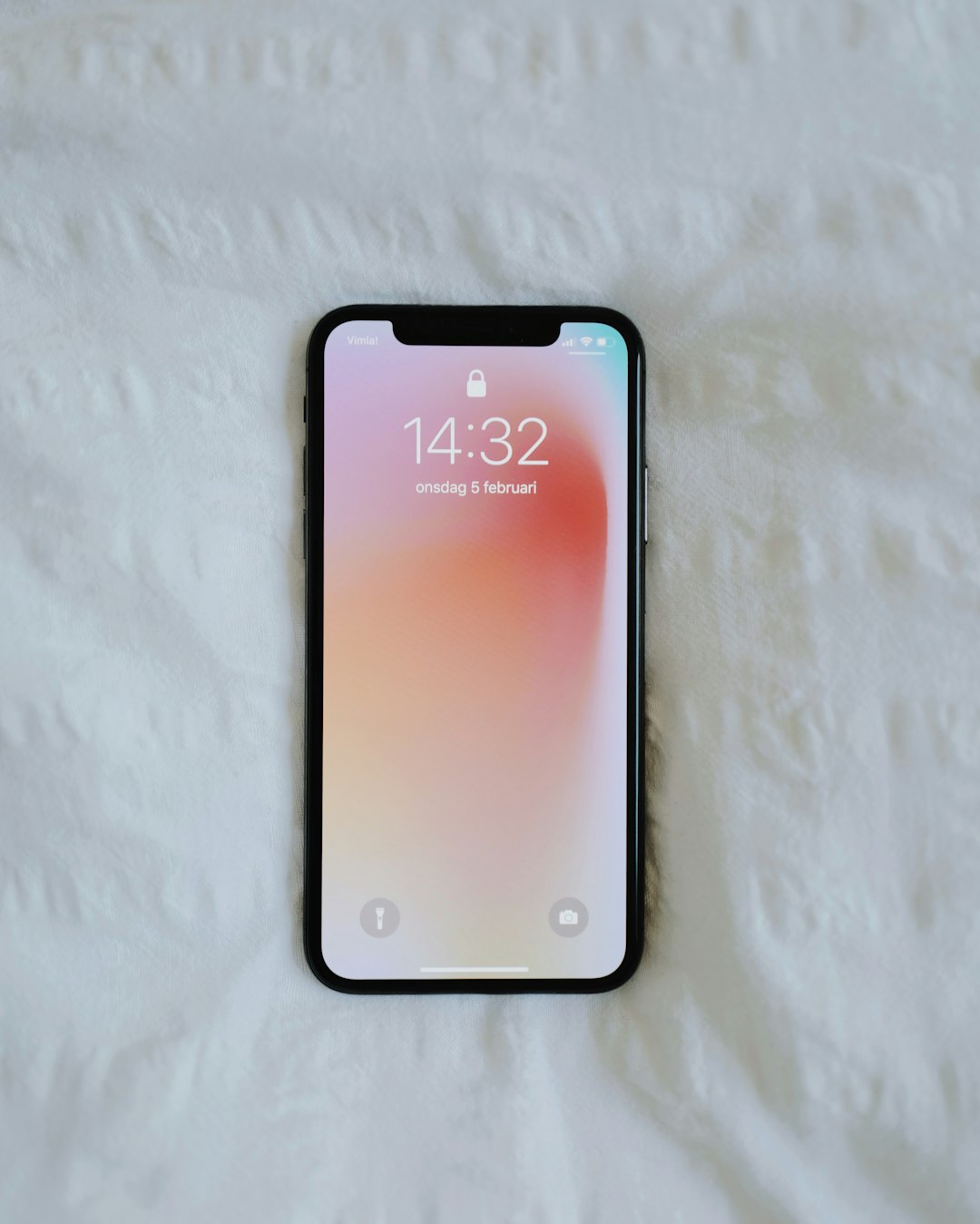South Carolina residents can protect themselves from unwanted phone solicitations by registering with the state's Do Not Call list. Do Not Call Lawyers in South Carolina assist with registration, take action against violators, and help seek compensation for distress caused by unsolicited calls, providing legal guidance on harassment prevention and privacy protection. If persistent calls occur, document sources and file complaints with relevant authorities.
“Unwanted phone calls can be a nuisance, but they may also indicate a violation of South Carolina’s strict Do Not Call laws. If you’re facing persistent or harassing calls, understanding your rights is crucial. This comprehensive guide breaks down the state’s regulations, helps you identify and document unwanted calls, and provides a step-by-step process for reporting them effectively. Armed with this knowledge, you can protect yourself and connect with top Do Not Call lawyers in South Carolina to seek legal recourse when necessary.”
Understanding South Carolina's Do Not Call Laws

In South Carolina, the Do Not Call laws are designed to protect residents from unwanted telephone solicitations and marketing calls. These laws give individuals the right to opt-out of receiving such calls by registering their phone number with the state. If your number is on the Do Not Call list, it’s illegal for businesses or organizations to call you without prior express consent. Understanding these laws is crucial when dealing with persistent or harassing calls.
Hiring a Do Not Call Lawyer South Carolina can be beneficial if you’ve experienced repeated violations. These legal professionals specialize in navigating the state’s regulations and ensuring your rights are protected. They can help you register your number, take necessary actions against violators, and seek compensation for any distress caused by unwanted calls.
Identifying Unwanted Calls and Legal Protections

In today’s digital era, folks in South Carolina often face an increasing number of unwanted calls from telemarketers and debt collectors. Identifying these calls as “unwanted” is the first step to understanding your legal protections. If you are receiving persistent or unsolicited telephone calls promoting goods or services, or attempting to collect a debt, you may have rights under South Carolina law.
Do Not Call Lawyers in South Carolina can assist you in navigating these regulations and determining whether a call is indeed unwanted. Legal protections against such calls are in place to safeguard residents from harassment and invasion of privacy. These laws empower individuals to take action and report persistent violators, potentially holding them liable for damages caused by their actions.
Reporting Unwanted Phone Calls: A Step-by-Step Guide

If you’re receiving unwanted phone calls in South Carolina, taking action to stop them is crucial. Reporting these calls can help protect your privacy and prevent harassment. Here’s a step-by-step guide to ensure you follow the proper procedures.
1. Identify the Source: First, determine whether the calls are truly unwanted. Check your call history and settings to confirm the caller’s identity. If it’s a known telemarketer or someone you’ve given permission to contact, there might be no need for further action. However, if the calls persist despite your best efforts to stop them, proceed with reporting.
2. Gather Evidence: Note down key details about each call, including dates and times, the caller’s phone number, any specific messages left, and the type of calls (e.g., telemarketing, robocalls, or harassment). Save voicemails as evidence. You can also use apps that block unwanted callers to gather a record of these interactions.
3. Contact Do Not Call Lawyers South Carolina: Reach out to a reputable law firm specializing in do-not-call laws, such as those listed on the South Carolina Attorney General’s website. These lawyers can guide you through the process and ensure your rights are protected. They may advise you to file a formal complaint with the Federal Trade Commission (FTC) or the South Carolina Public Service Commission, depending on the nature of the calls.
4. File Your Complaint: Fill out a complaint form provided by either the FTC or the state commission. Provide all relevant details and evidence gathered in step 2. Submit the form online or via mail. Ensure you keep a copy for your records.
Your Rights and Resources: Protecting Against Harassment

If you’re experiencing unwanted phone calls in South Carolina, you have rights and resources available to protect yourself from harassment. According to state law, telephone solicitors must comply with specific regulations, including registering their numbers and obtaining prior consent before calling residents. If you’ve received unsolicited calls, a “Do Not Call” sign doesn’t always suffice; legal action may be necessary.
Consulting with a Do Not Call Lawyer South Carolina can help you understand your rights and options. These professionals are equipped to navigate the complexities of telephone solicitation laws and can guide you through the process of reporting and seeking compensation for unwanted calls. They ensure that your rights are respected and protect you from further harassment.






